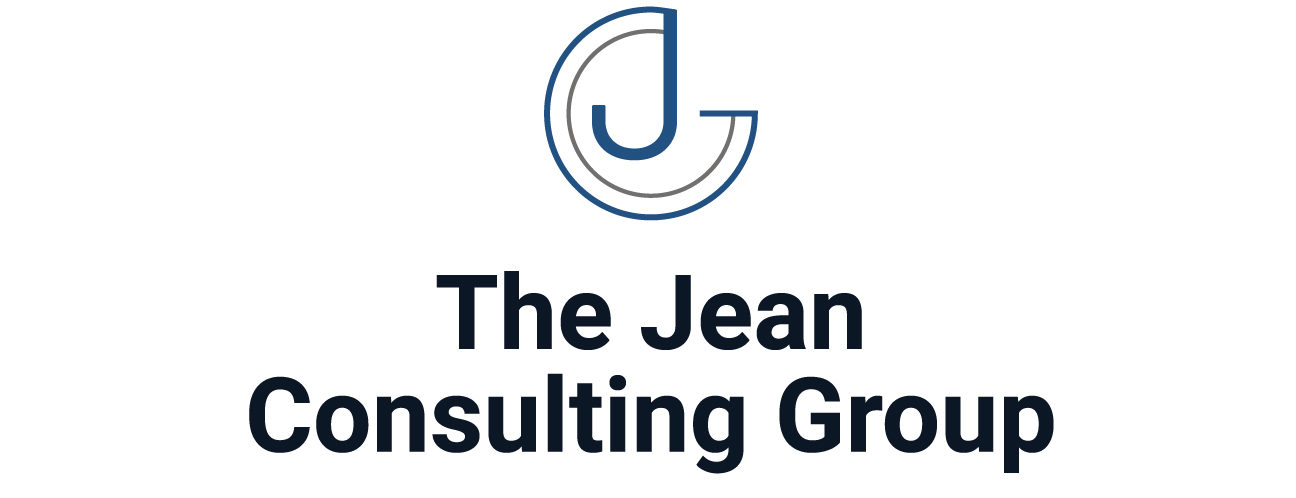In an era where organizational culture significantly influences compliance dynamics, the strategic use of group and individual coaching emerges as a powerful tool to align corporate ethos with regulatory demands. The interplay between a company’s culture and its adherence to compliance standards is critical for fostering an environment where ethical behavior is the norm and regulatory guidelines are seamlessly integrated into daily operations. This article delves into how integrating coaching—both group and individual sessions—can enhance the synergy between organizational culture and compliance dynamics, leading to a more cohesive, compliant, and ethically driven workplace.
Group Coaching: Fostering a Collective Compliance Mindset
Group coaching sessions offer a unique opportunity to address organizational culture and compliance dynamics collectively, engaging teams in discussions that highlight the importance of compliance within the context of the company’s values and goals.
- Building Shared Values: Through group coaching, organizations can cultivate a shared understanding of core values and the critical role compliance plays in upholding these values. Facilitated discussions help embed compliance into the fabric of the organizational culture, making it a shared responsibility rather than a set of external impositions.
- Enhancing Transparency and Trust: Group coaching sessions that focus on compliance issues can enhance transparency within teams, fostering a culture of trust. Open discussions about compliance challenges and ethical dilemmas encourage employees to voice concerns and share ideas on improving compliance practices, reinforcing a culture where integrity is valued.
- Collective Problem-Solving: By leveraging the diverse perspectives within a team, group coaching can facilitate collective problem-solving around compliance issues. This collaborative approach not only leads to more innovative and effective compliance solutions but also strengthens team cohesion and commitment to ethical practices.
Individual Coaching: Tailoring Compliance to Individual Roles
While group coaching addresses the collective aspects of organizational culture and compliance, individual coaching offers a personalized approach, focusing on the specific compliance responsibilities and ethical challenges faced by individual employees.
- Personalizing Compliance Learning: Individual coaching allows for a deeper exploration of how compliance regulations relate to an individual’s specific role within the organization. This personalized approach ensures that employees understand the compliance expectations relevant to their duties, leading to more effective adherence to regulations.
- Developing Ethical Decision-Making Skills: One-on-one coaching sessions provide a safe space for employees to discuss ethical dilemmas and compliance challenges they face in their roles. Coaches can help individuals develop the critical thinking and ethical decision-making skills needed to navigate these challenges successfully.
- Enhancing Accountability and Ownership: Individual coaching encourages employees to take ownership of their compliance responsibilities. By setting personal compliance goals and developing action plans, employees are more likely to feel accountable for upholding compliance standards, contributing to a stronger culture of integrity.
Strategies for Integrating Coaching with Organizational Culture and Compliance
Successfully integrating coaching into organizational culture and compliance dynamics requires intentional design and implementation of coaching programs that address both group and individual needs.
- Align Coaching with Organizational Objectives: Ensure that both group and individual coaching sessions are aligned with the organization’s broader objectives and compliance requirements. This alignment reinforces the connection between organizational culture, compliance, and business goals.
- Utilize Skilled Coaches with Compliance Expertise: Coaches should have a deep understanding of compliance issues and ethical considerations relevant to the organization’s industry. This expertise ensures that coaching sessions are both informative and practical.
- Foster an Environment of Continuous Learning: Promote a culture where continuous learning and development are valued, especially regarding compliance and ethical behavior. Encourage ongoing participation in coaching programs to keep these issues at the forefront of employees’ minds.
Conclusion
The integration of group and individual coaching into the dynamics of organizational culture and compliance represents a strategic approach to fostering an ethical, compliant workplace. By cultivating a collective understanding of compliance within the context of organizational values, and by tailoring compliance education to individual roles, coaching can significantly enhance the synergy between culture and compliance. This holistic approach not only ensures regulatory adherence but also builds a strong foundation for a culture characterized by integrity, transparency, and shared responsibility.




